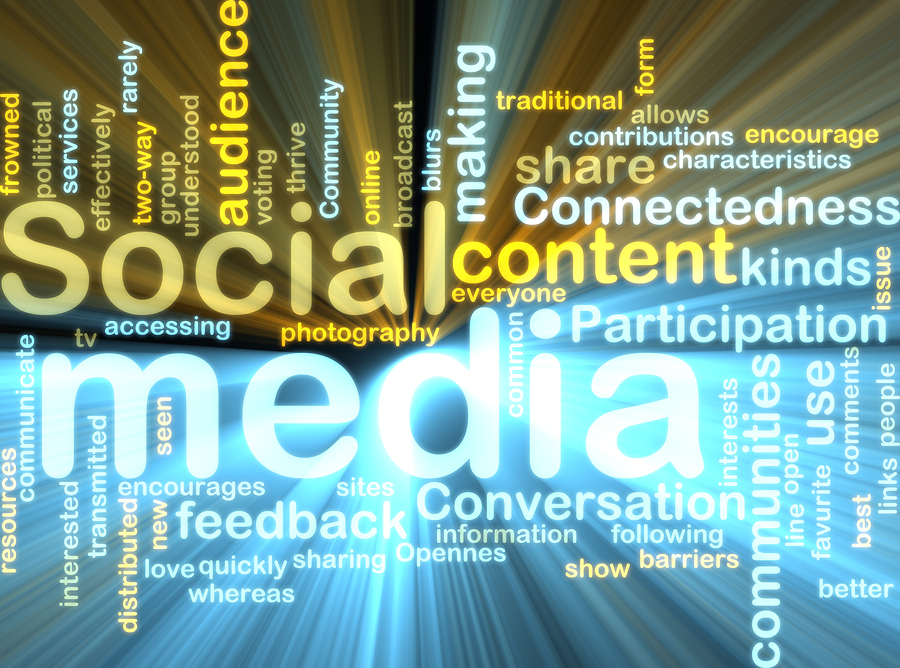Social media is one of the greatest communication tools of our age. It allows us to connect with old school friends, create events, watch other people’s lives and share our own.
But how much is too much?
There is a fine line between sharing titbits of our every day to pouring out our guts about deeply personal things. Yet, the message is coming through that we need to be more authentic and vulnerable.
It is a delicate balancing act.
Managing how much or how little you share is important in business. Given that we now have to pay Facebook if we want people to see out business page, businesses have to be cannier with what they share.
This is the where a little thought must go into what is shared.
Nowadays, personal pages are a blend of business and personal. Networking is a big part of small business and when people want to connect with you, they do through a personal page. Probably because it is hard to keep up with so many pages and people really want to do business with people.
Here are the things you shouldn’t share on your personal page and what you could share that will help you raise your profile (and protect your dignity and reputation).
Don’ts
- Drunken videos or embarrassing photos. Save these for video nights with your close friends (those real-life people who have been to your house). Maintaining a professional profile does not involve your late-night ramblings about the cost of bananas. It is a good idea to agree between your friends that no one posts videos or photos to social media when you are out together.
- Obscure messages and vague posts. You know the ones…”to that person who did that thing to me, just know I know it was you and I will get you.” Facebook is not a place to air your dirty laundry and make threats against people. If you have an issue with someone, talk to them personally, instead of posting things like this. Posts that beg for attention – “worst day ever” or “I hate my life” – is just blatant attention seeking.
- Complaints. Especially about your clients/customers or people close to you. Unless it is a message that relates to something strategic to your business, keep those things to yourself. People looking to do business with you want to know that you are professional. Facebook is not a place to post bitching comments about your partner or significant other.
Dos
- Wins/triumphs. Won an award? Scored a big client? Received great feedback? This is the type of info you can share on your personal feed. Friends and family love to see their loved ones doing well. Most Australians are humble about success (enter the Tall Poppy Syndrome), but it is OK to acknowledge when things are going well. These types of posts generate great energy as people wish you well. There is nothing wrong with feeling good about that.
- Losses/failures. Ok – this is a tricky one. Posting about losses/failures can backfire so you need to be thoughtful about what you say and how to position it. As above, our friends and family want to support us and sometimes it is easier to share this type of news as a mass message. For your business connections, they can see you are real and approachable – it’s tricky because if you share too much it can cost your business but we live in the age of authenticity and it’s OK to admit that things don’t always go according to plan.
- Selfies and videos. Let people into your life (go back to the don’ts about what NOT to post). Pictures and videos of your day, celebrating, out with family, enjoying life humanises your brand, giving it depth and connectablity.
Given over 60 per cent of “friends” on a personal page are really people looking to do business with you, you do not want to share the blinder you had on the weekend.
For those born before social media was thing, you are probably grateful there was no Facebook in the 80s/90s, because there are some things people do not need to know about you.
Angela Henderson, business consultant and founder, Angela Henderson Consulting















